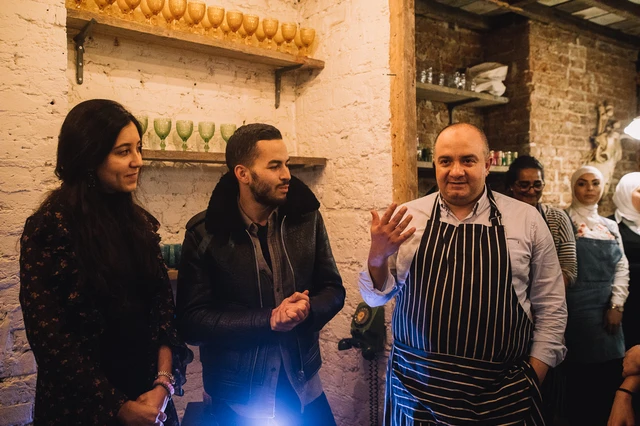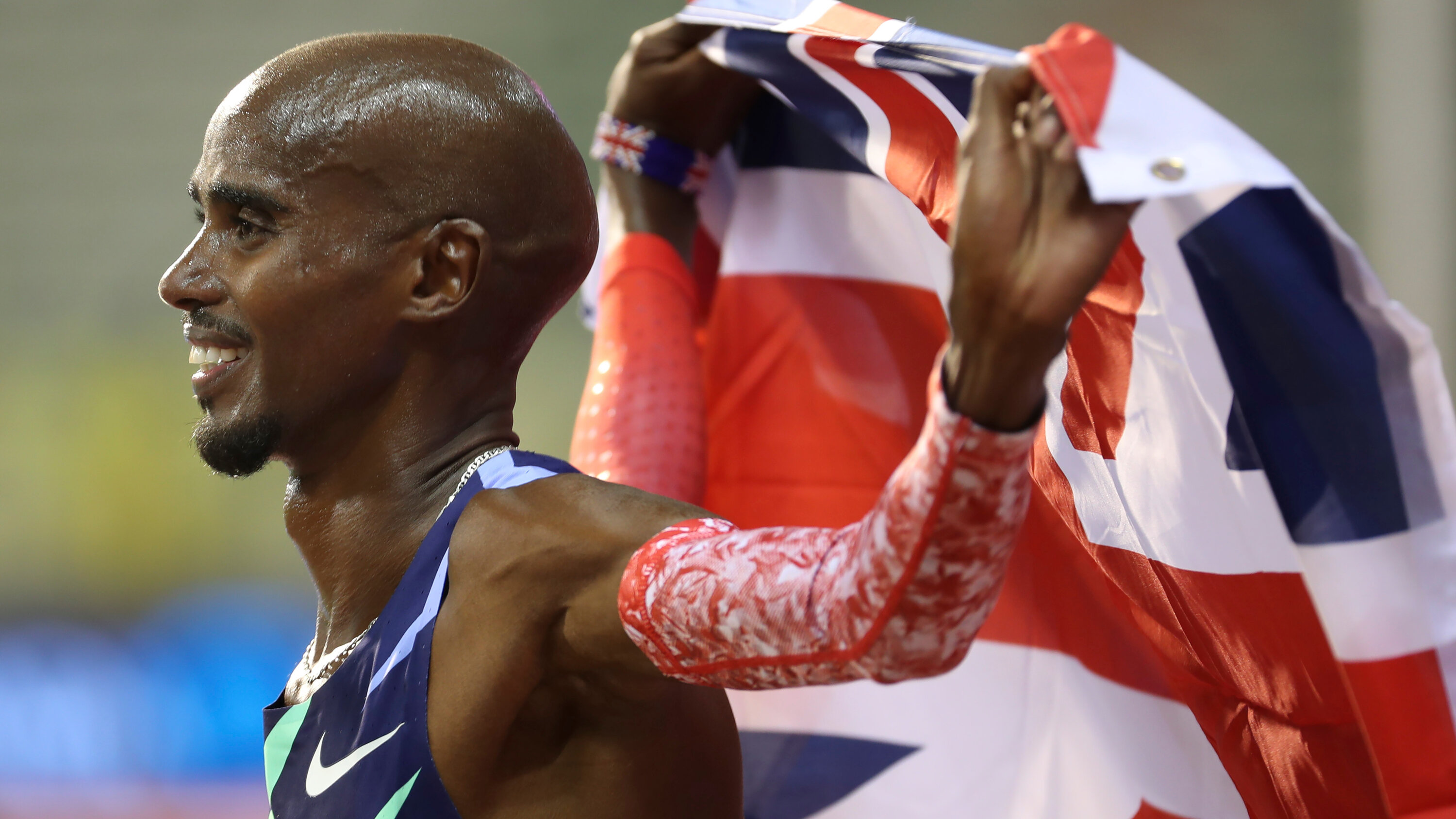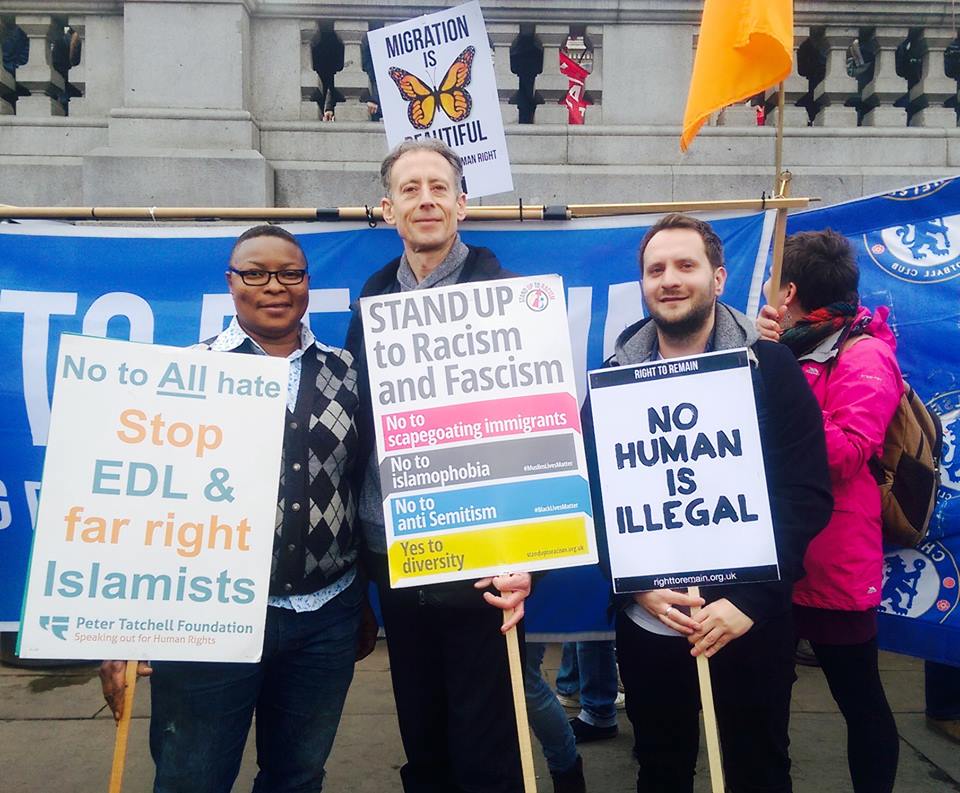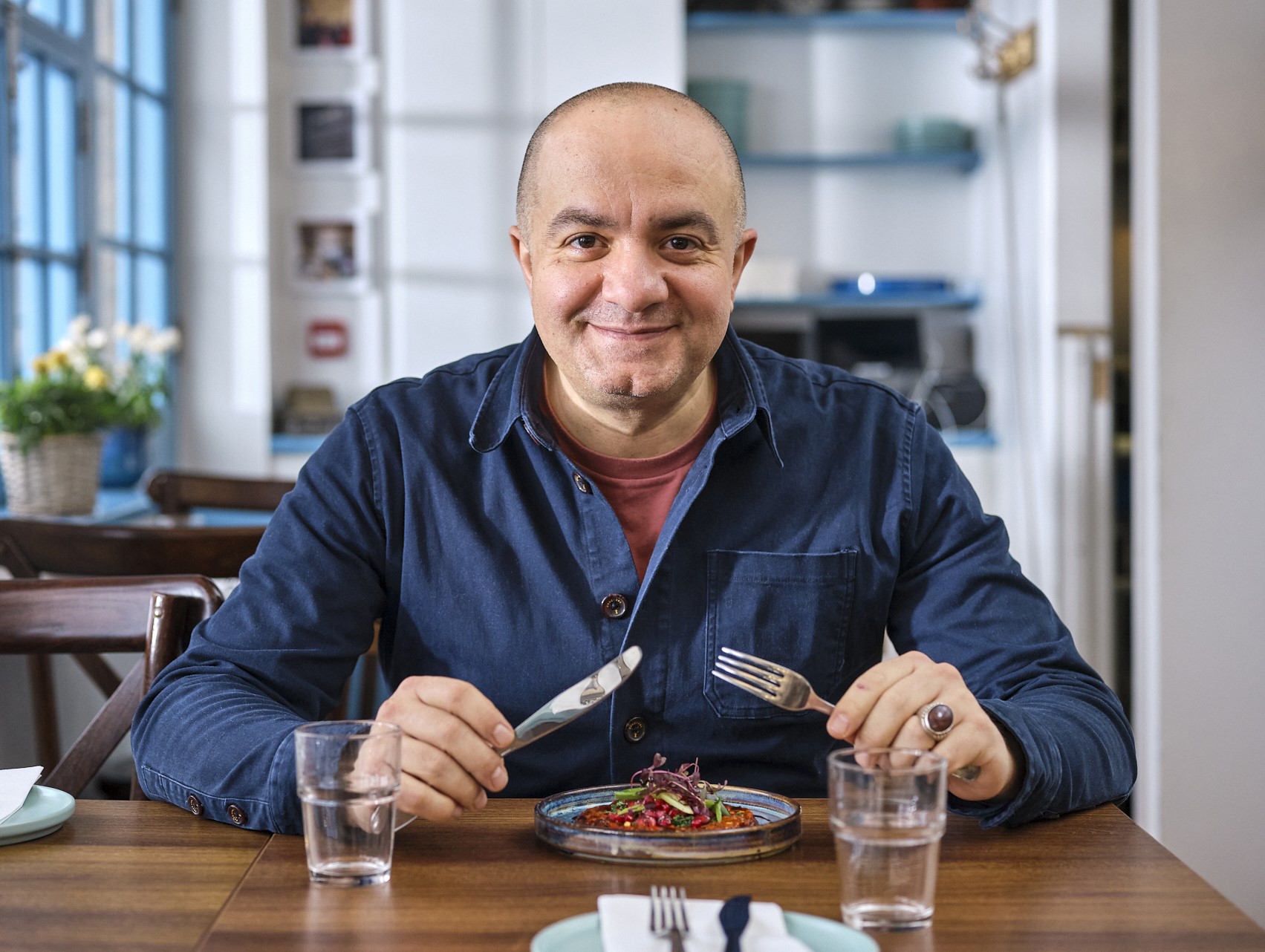


In public discourse, it is frequently ambiguous as to who constitutes a "migrant." Such phrases are commonly interchanged in media discourses, particularly in tabloid newspaper debates on asylum. As per the UK government, asylum seekers are counted among migrants who enter the UK, excluding those who stay in the country for less than a year.
The UK has a history of embracing those fleeing persecution or war, from Jewish refugees fleeing the Nazis to Bosnian families fleeing violence in the 1990s to the numerous people who arrive from around the world today. In the meantime, immigrants from all over the world have made significant contributions to their respective fields.
Thus, immigration has been beneficial to both parties. There have been some great names, including Albert Einstein and Sigmund Freud, who spent their time in the UK as immigrants. Even today, there is a large sum of immigrants who have created a great life for themselves while in the country. In this article, we shall briefly go through the life of some great personalities, their struggle, and achievements.

Mo Farah, sometimes known as Sir Mohamed Muktar Jama Farah, is a long-distance runner from the United Kingdom. He is the most efficient British track athlete in the modern Olympics. After Lasse Virén, he is the only other track athlete to win the 5,000 and 10,000 meters in back-to-back Olympic Games. He has bagged ten gold medals from championships throughout the world as a male track distance runner.
Hussein Abdi Kahin was born in 1983 in Somalia. After getting to the United Kingdom at the age of nine, he was first given the name Mohammed Farah. For the past few years, he told his story various times, according to which he had arrived in the UK with his mother to be with his father. He spent his time in the country and finally got recognition as an athlete. But guess what, the tale has only been partially accurate.

Recently in mid-2022, Mo Farah revealed his real name and with that came a series of revelations. He disclosed that he lost his father in a civil war when he was four years old and later lost contact with his mother. He admitted that he was forcibly transported to the UK through Djibouti during a BBC documentary. He said that a woman he had never met had flown him from Somaliland to the UK.
Mo worked as a domestic worker after moving to the UK. Under the name Mohammed Farah, he obtained British citizenship in July 2000. His athletic ability was observed when he started Year 7 at the Feltham Community College when he was around 11 or 12 years old, which assisted him in getting to where he is today.
LGBT activist, attorney, and former asylum seeker Aderonke Apata is from Nigeria. Her application for refuge in the UK attracted a lot of media attention. For many years, she has relentlessly fought for rights at home and abroad.
Apata was born in 1967 in Nigeria. Apata first found out that she was lesbian when she was 16. Later she got caught in a homosexual act and was sentenced to death, as per the local law. Though various complications led the court to rethink that decision, and thus she was able to flee the country and end up in the UK.

But that's not the end of it all, as she was denied asylum in the United Kingdom. Instead, she had to live on the streets of Manchester to avoid deportation. She was sentenced to a week in confinement at Yarl's Wood Immigration Removal Center in October 2012 as retribution for organizing a nonviolent protest there, and little did she know, this time proved to be a life changer for her.
In her interview, she admits that she got poor legal advice, so she researched immigration laws herself. She acknowledged that the Home office language was complex, but the refusal letters to fellow women helped her get ahold of it. Eventually, she was able to write an application to High Court, which was accepted at the last minute.
She was given refugee status in the UK by the Home Office on August 8, 2017, capping a 13-year legal fight during which she partially defended herself in court. Though she always wanted a career in medicine, the circumstances did not favour it. She enrolled in a law conversion course in 2018 to start her legal education before being formally admitted to the bar on October 13.
Guests wait in a spacious dining room in east London while alluring aromas drift from the nearby kitchen. Syrian chef Imad Alarnab resides in the UK. He is a refugee as well and has been helping a significant number of refugees by aligning with a charity called Help Refugees.
About his life, he spent most of his time in Syria. He opened his first restaurant in Damascus in 1999, which later progressed into three restaurants and coffee shops. He had a great life there but lost it all in 2012 because of the civil war. According to him, all they had was bombed to ruins within six days.

He further admits that he still considered himself the luckiest man, and with his family, he started the journey to the UK. Alarnab travelled through North Macedonia, Lebanon, and Turkey in lorries for three perilous months as he made his way from Damascus to Europe. In the fall of 2015, he made his way to the UK and had 12 EUR with him at that time.
He worked at a car wash as he did not want to be employed at someone else's kitchen. He finally opened his first pop-up restaurant on Columbia Road in March 2017, which was just the beginning of something great.
As for now, he has opened a restaurant with a permanent location and has constantly been donating to help refugees facing difficulties. He feels like it is his duty to help them as he himself went through the same.
If we start searching for the people who immigrated to the UK from the worst conditions, the list would be hard to comprehend. All these people either had nothing or had lost everything as they moved to the UK and got to achieve something with the opportunities they got there. The country offers a vast majority of visa and immigration options and is also a great place to seek asylum.
In order to qualify for asylum in the UK, you must have left your home country and be unable to return due to fear of persecution. For instance, refugees from Ukraine may have various immigration options.
The UK has a long history of immigration, which adds to the population's diversity. As a result, expats will be able to meet a large network of individuals who have gone through a similar relocation process. Consequently, the UK is viewed as one of the most plausible options for immigration.